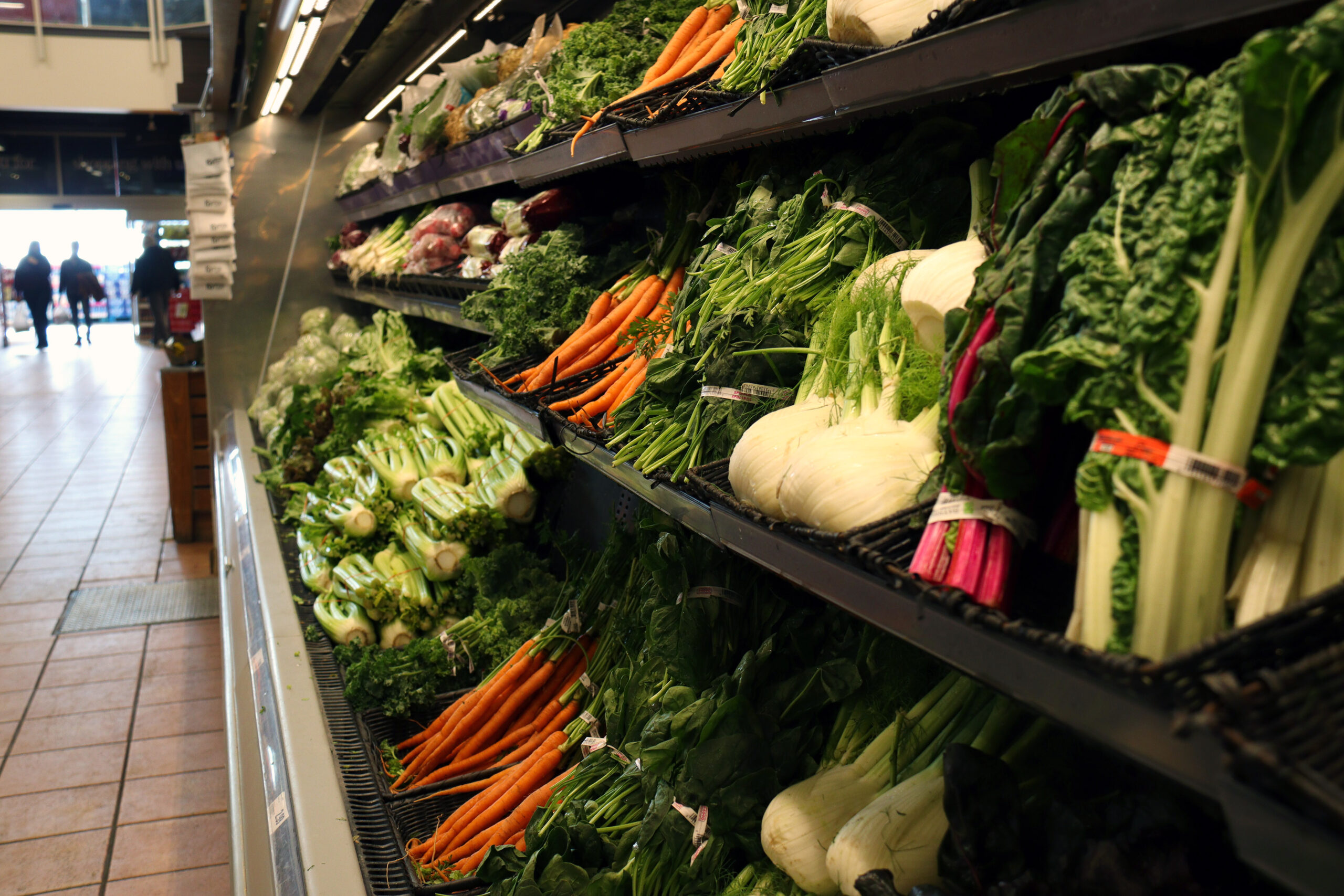Andrea Emery is a graphic design professor who has followed a plant-based diet for nearly 10 years. During that time, Emery has noticed a shift towards more vegan and vegetarian-friendly options at Algonquin College.
“Ten years ago, at school, when I would walk down to the cafeteria to get food, there was nothing I could eat. It was torture,” said Emery. “But now it’s been really good. Before the pandemic, they started introducing sandwiches that had a ‘V’ on them for vegetarian or vegan. There’s also stir fry which is always vegan but there’s still only half of what I can eat there.”
Today, Oct. 1, is World Vegetarian Day according to the North American Vegetarian Society. Vegans get their own day to celebrate too on Nov. 1 with World Vegan Day. Both days exist to help promote plant-based lifestyles.
Although Emery has noticed an improvement over the years for vegetarian and vegan students and staff, finding food options on campus continues be a struggle. With the closure of some food services due to the pandemic, the choices for vegetarians have dwindled even further.
In the cafeteria, students can find some options to fulfill a range of dietary specifications including vegetarian, vegan, gluten-sensitive and halal.
“I think that Algonquin deserves a star, maybe not a gold star but a red star for good effort. They’re definitely on their way, but I think they could do better,” said Emery. “I also wonder about their purchasing for such a large population of students. At Thanksgiving or Christmas, they have all these turkey breasts and legs and I wonder if they could offer other alternatives to not have so much meat. I’d say they’re doing a good job, but there’s room for improvement.”

In addition to the environmental and animal rights benefits, choosing a plant-based diet can be helpful to stay healthy. Jane Pearl, the coordinator of the food and nutrition management program, knows about the importance of having a balanced diet.
“If we look at Canada’s food guide, there is a recommendation to eat more plant-based foods because for many reasons they are considered healthier for people in terms of fibre,” said Pearl. “However, there are some challenges with a vegetarian diet in terms of making sure you get your nutrients.”
With the rising popularity of vegetarian and vegan lifestyles, Pearl wants to ensure that her students are receiving an education with relevant, up-to-date information. A major part of the program is to prepare the students to work in food service management and to be aware of a variety of diets.
“We did do a change in our food modification program,” said Pearl. “One of the things we like to learn in the course is about new products. We looked at new products such as the Beyond Meat burger and the Just Egg plant-based product to substitute eggs. We took a look at those products and taste-tested them to know the ingredients and the process to make them.”
For Maddy Graham, 19, choosing to eat vegan was to help reduce animal cruelty. Graham is a graduate of the baking and pastry arts program who has been a vegan for four and a half years.
After learning about the animal cruelty that can be involved with eating meat, she decided to cut out meat from her diet altogether. She then chose to cut out dairy, eggs and other animal products to become fully vegan.
“I definitely would advise people to get more into cooking and not rely entirely on restaurants or pre-packaged foods,” said Graham. “I think you definitely have to be willing to try new things. I think if you have the right motivation, then anyone can do it.”


